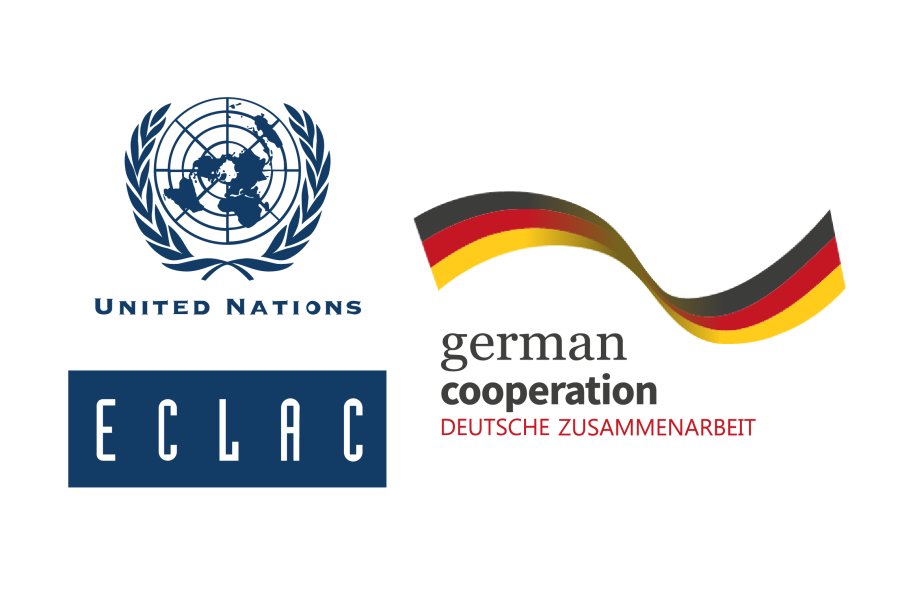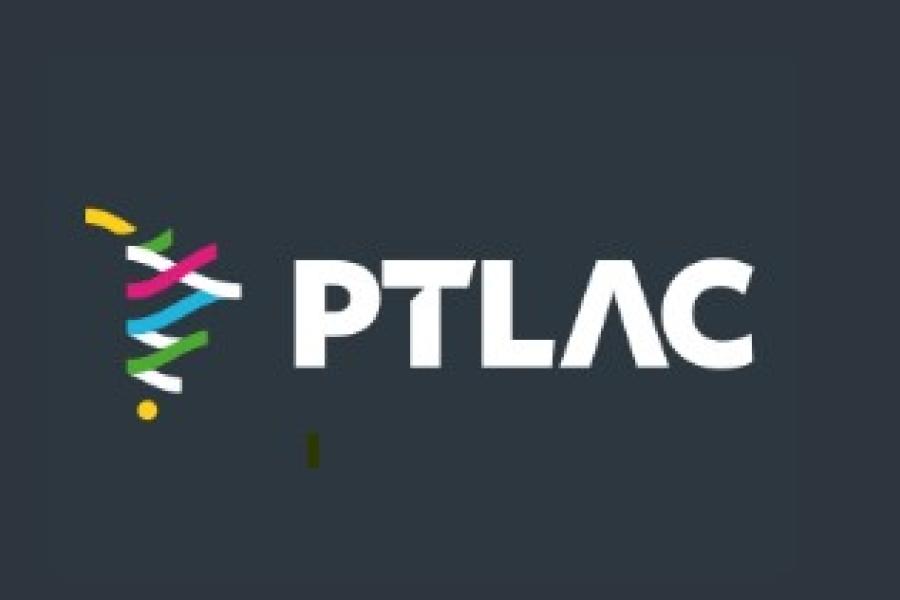Evaluation of tax expenditures: conceptual frameworks and international experiences
Work area(s)
Topic(s)
Evaluation of tax expenditures: conceptual frameworks and international experiences
- Publication type: Project documents
- Author: Redonda, Agustin; Von Haldenwang, Christian; Berg, Sofía
- Physical description: 41 pages
- Publisher: ECLAC
- UN symbol (Signature): LC/TS.2023/129
- Date: 6 November 2023
Abstract
Tax expenditures are deviations from the benchmark tax system which provides preferential tax treatment. Governments use them to pursue different policy goals, such as boosting innovation, creating employment or greening the economy. Their fiscal cost can be significant since the global average revenue forgone, estimated at around 4% of GDP and 25% of tax revenue, has remained stable over the last 30 years.
Evaluating tax expenditures against their stated policy objectives and the potential side effects or externalities they might trigger is a crucial step for the rationalization of tax expenditures, with implications for domestic resource mobilization and the alignment of tax policies with growth and development strategies.
This report analyses tax expenditure evaluation as a key element of the tax expenditure policy cycle and highlights the need for integrated frameworks that link ex-ante assessments with ex-post evaluations. It also provides an international overview of the state of tax expenditure evaluations, showing that it remains relatively underdeveloped, not only in Latin America and the Caribbean, but also across the world.
Table of contents
- Introduction
- I. Conceptual framework for tax expenditure policymaking
- II. Tax expenditure evaluation
- III. International outlook: the current state of tax expenditure evaluations
- IV. Best practices in tax expenditure evaluation
- V. Conclusions and policy recommendations.

